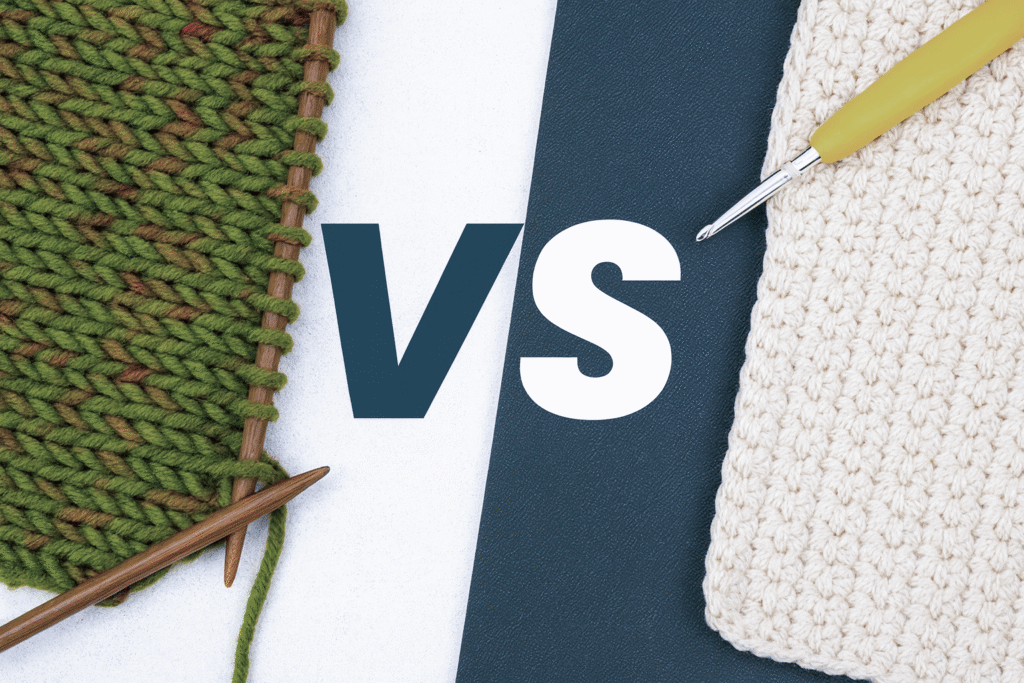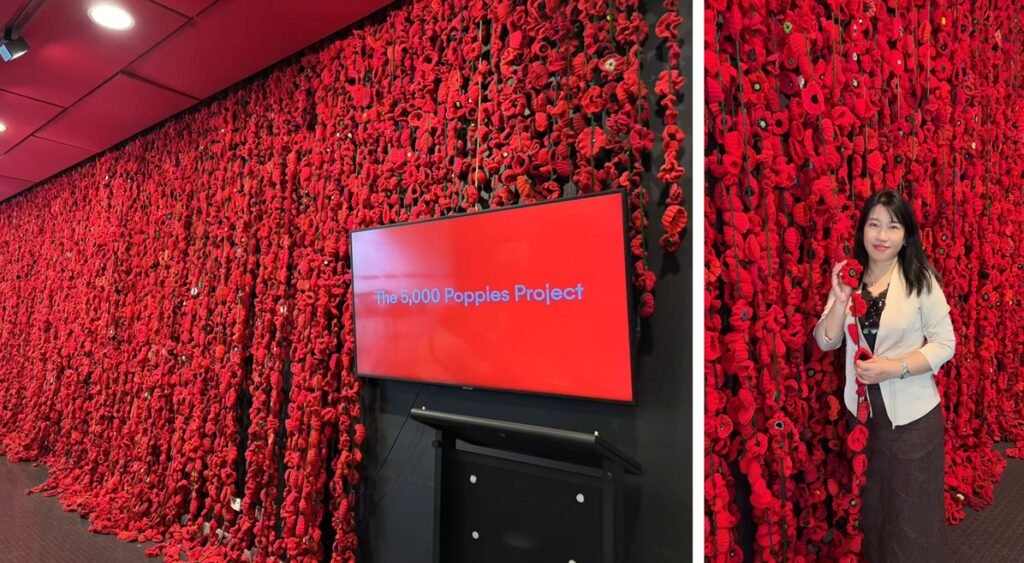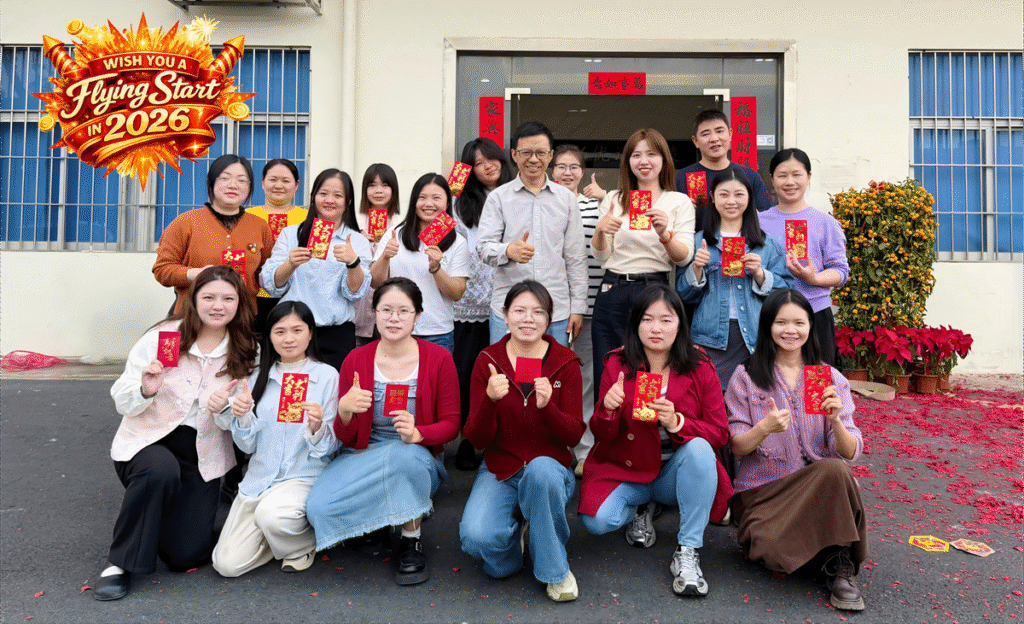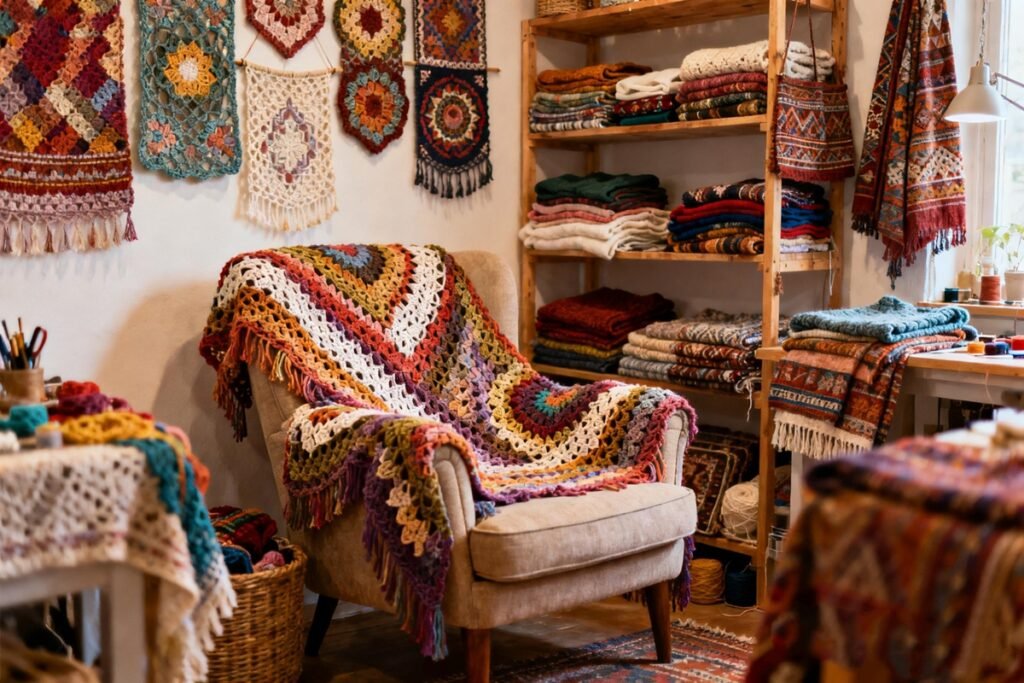You want to create beautiful products but struggle to choose between knitting and crocheting. Each craft offers different visual qualities that could make or break your design. You need to understand their unique aesthetics to make the right choice.
Knitting produces a smooth, flexible fabric with delicate drape, while crochet creates textured, dimensional pieces with distinct stitches and structural integrity. Both crafts offer unique visual qualities, making beauty subjective to the desired outcome and project type.
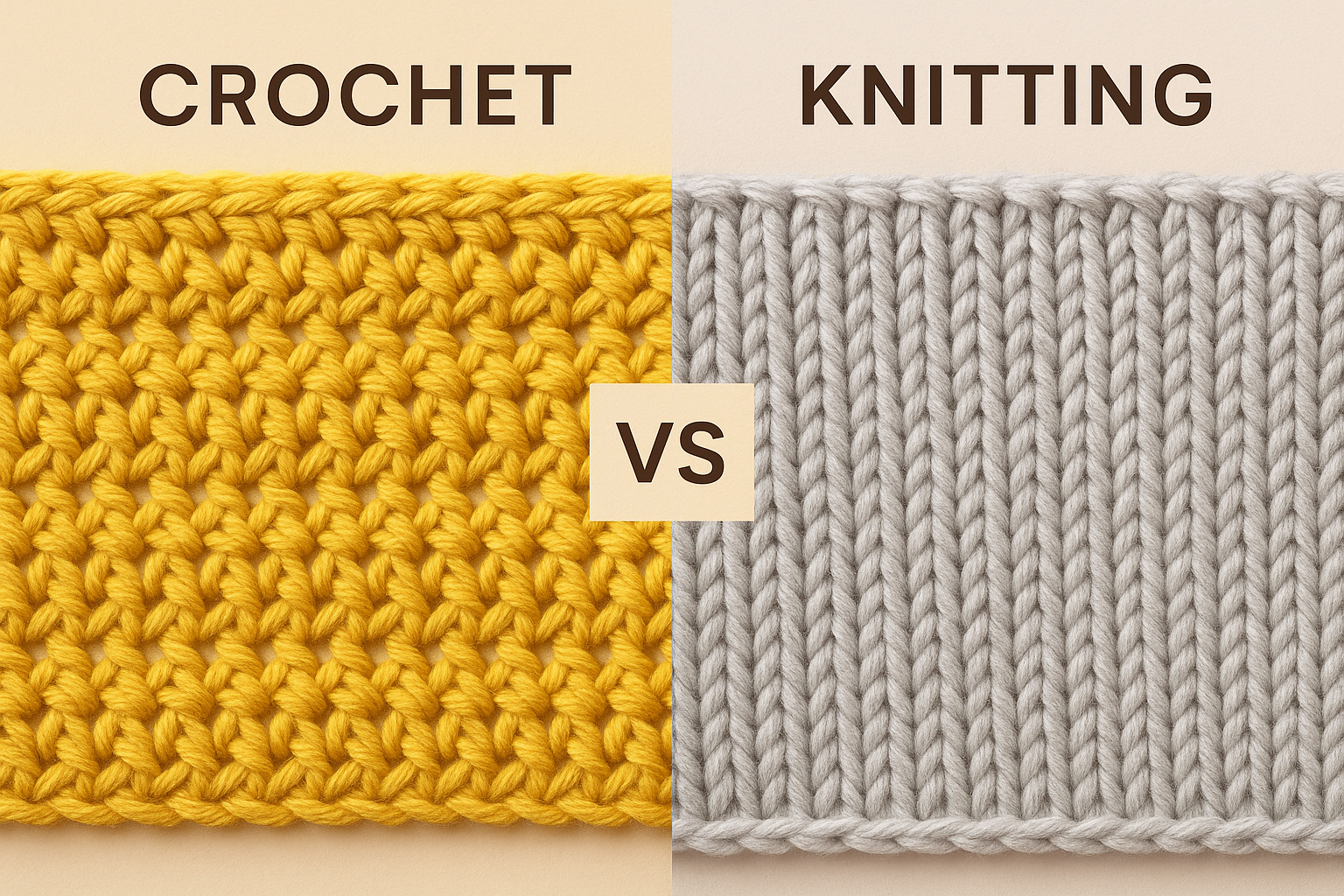
Throughout my career working with textiles and craft production, I've had countless discussions with designers and manufacturers about the aesthetic differences between knitting and crochet. Our lead product designer, used to argue passionately that crochet's versatility gave it a visual edge. However, after years of producing both types of crafts commercially, we've learned to appreciate their unique qualities and how each serves different purposes in product development.
Crochet vs. Knitting Beauty: Different Crafts, Unique Aesthetics—Both Elevated Through Skilled Production
You want to showcase your brand's aesthetic but aren't sure which technique will best represent your design vision. The wrong choice could lead to products that look flat or fail to meet quality expectations. You need expert guidance to select the right craft for your products.
Knitting and crochet each hold their own beauty, and with UMY's expert craftsmanship and design support, brands can showcase the unique strengths of crochet while delivering consistent, high-quality handmade products at scale.
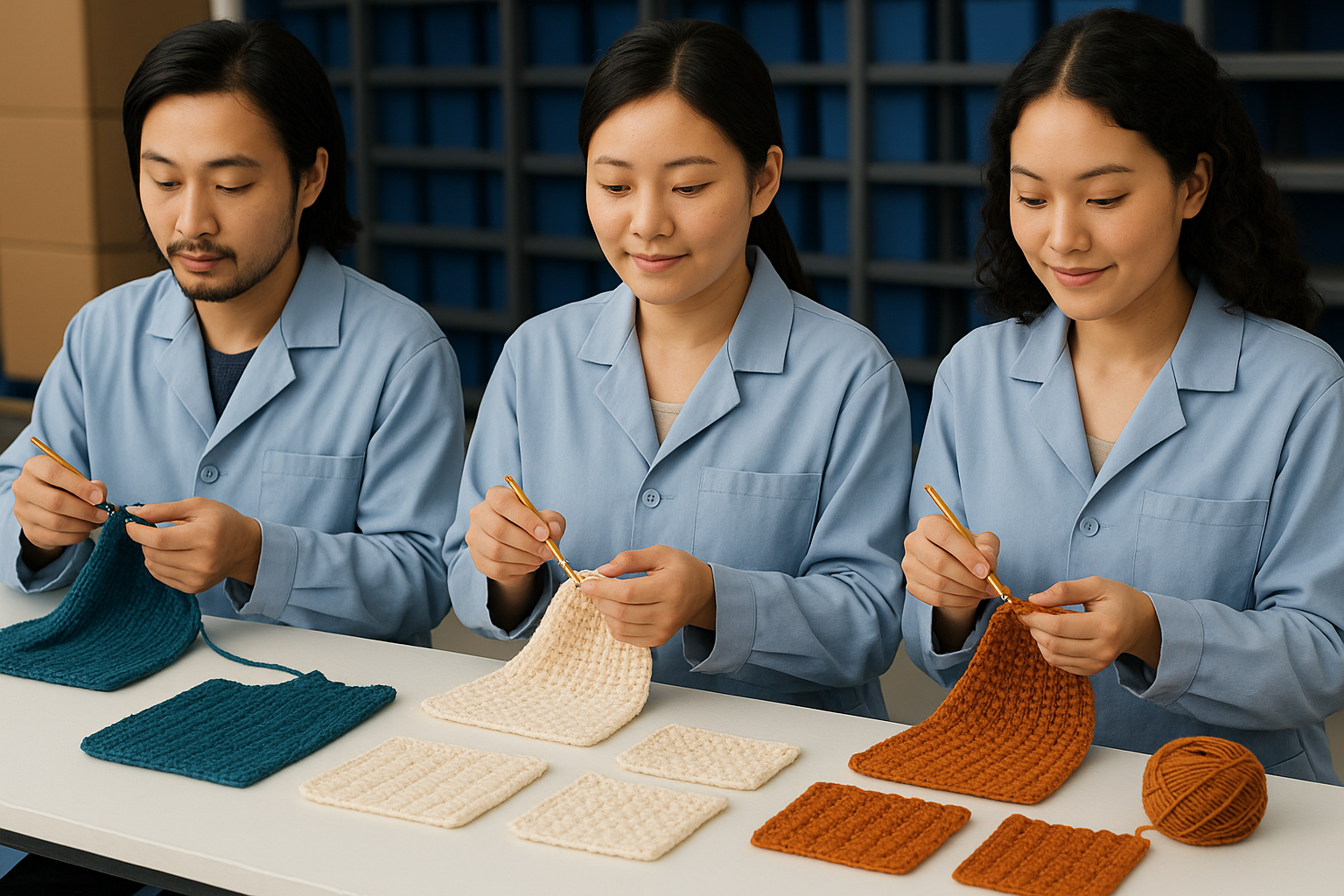
Let's explore exactly how knitting and crochet differ visually and functionally. First, the fundamental techniques create distinctly different fabric structures. Knitting produces a series of interconnected loops, resulting in a more fluid, flexible fabric with natural stretch and drape. This makes it ideal for garments that need to conform to the body, like sweaters and socks. Our skilled knitters at the factory can create everything from delicate, lightweight pieces to substantial, textured fabrics depending on the pattern and yarn choice.
Second, crochet works with one stitch at a time, creating a denser, more structured fabric with less inherent stretch. This makes crochet excellent for creating dimensional textures, intricate surface patterns, and items that need to hold their shape, such as baskets, home decor, and sturdy accessories. Our crochet artisans excel at creating complex stitch patterns that add visual interest and tactile appeal to products.
Third, both crafts offer unique artistic possibilities. Knitting allows for subtle color transitions and complex stitch patterns that create fluid designs, while crochet excels at creating dimensional shapes and textured surfaces. We've successfully used both techniques in product development to achieve different visual effects for our clients.
Here's a comparison of how the aesthetic qualities translate to product applications:
| Quality | Knitting | Crochet | Product Applications |
|---|---|---|---|
| Drape | Fluid, soft drape due to interlocking loops | More structured, holds shape better | Garments vs. home decor, accessories |
| Texture | Smooth, even surface; can be textured with special stitches | Highly textured; stitches create relief effects | Clothing vs. textural home goods, toys |
| Detail | Delicate, intricate patterns possible | Bold, defined stitches stand out | Fine garments vs. statement pieces |
| Shape | Conforms to body; stretches with movement | Retains shape; holds structural forms | Form-fitting apparel vs. structured items |
| Speed | Generally faster for flat pieces | Faster for complex shapes and 3D forms | Bulk production vs. specialty items |
I recall working with a fashion designer who wanted to create a line of accessories that would stand out in boutique stores. After presenting samples of both knit and crochet options, she initially favored the knitting for its smooth appearance. However, when we showed her how crochet could create more distinctive textures and structural elements, she changed her mind. The crochet pieces we developed became the signature items in her collection, with customers specifically mentioning the unique textures and artisanal quality in their reviews. This experience reinforced that "prettier" is subjective and depends on the desired aesthetic impact.
Conclusion
Both knitting and crochet offer unique beauty that serves different design purposes.

